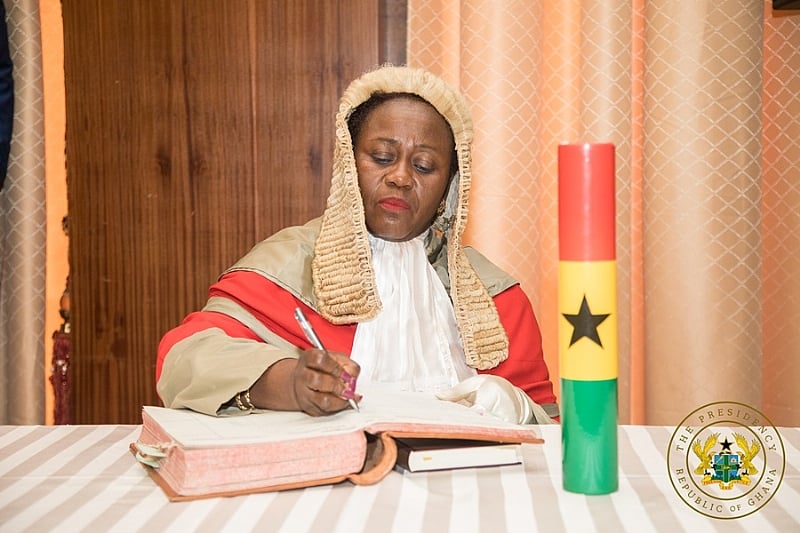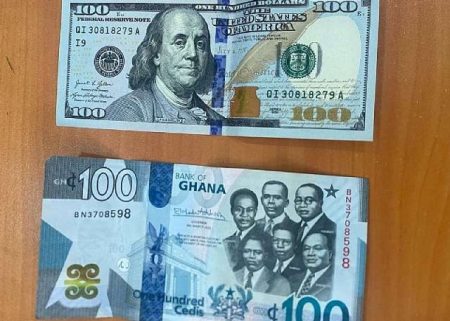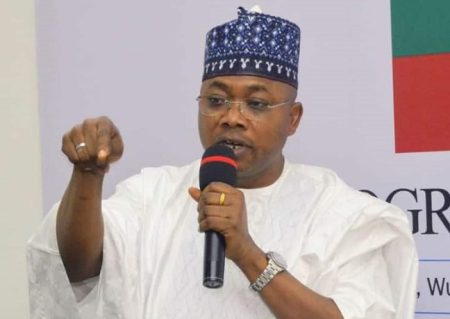The unfolding political drama surrounding Chief Justice Gertrude Torkornoo’s suspension has ignited a firestorm of controversy in Ghana, raising concerns about due process, judicial independence, and the potential for political maneuvering within the country’s highest legal institutions. Member of Parliament Vincent Ekow Assafuah has been particularly vocal in his criticism, alleging a calculated campaign to remove the Chief Justice from her position “by hook or crook.” He has pointed to perceived procedural irregularities and a lack of transparency in the impeachment process, arguing that the entire exercise appears targeted and unjustified. This stance reflects a broader unease among some segments of the Ghanaian public and legal community, who view the suspension as potentially politically motivated.
Assafuah’s legal challenge against the Chief Justice’s suspension was recently rejected by the Supreme Court in a narrow 3-2 decision. While the court upheld President John Mahama’s constitutional authority to suspend the Chief Justice based on three petitions and prior consultation with the Council of State, the close vote highlights the deep divisions surrounding the case. The President’s decision, predicated on the existence of a prima facie case against Chief Justice Torkornoo, has led to the formation of a five-member committee tasked with investigating the allegations. However, the specific nature of these allegations remains shrouded in secrecy, further fueling speculation and concerns about the fairness of the proceedings.
The lack of transparency regarding the petitions against the Chief Justice has contributed significantly to the escalating tensions. Without a clear understanding of the charges, it becomes difficult to assess the validity of the suspension and the subsequent investigation. This opacity fuels suspicions that the process may be driven by political agendas rather than genuine concerns about judicial misconduct. The absence of public knowledge about the allegations undermines the perception of impartiality and reinforces the narrative of a targeted campaign to remove the Chief Justice, a narrative championed by Assafuah and others critical of the process.
Adding to the complexity of the situation is the intense political polarization surrounding the issue. The opposition New Patriotic Party (NPP), to which Assafuah belongs, has vehemently condemned the suspension, portraying it as a direct assault on the independence of the judiciary. This interpretation frames the action as part of a broader effort to undermine the checks and balances essential to a functioning democracy. Such accusations raise the stakes considerably, transforming the legal proceedings into a battleground for political power and influence. The highly partisan nature of the debate further complicates the pursuit of a fair and impartial process.
Beyond the political realm, civil society groups and legal associations have also voiced their concerns, emphasizing the critical importance of adhering to due process and upholding the principles of constitutionalism. The Ghana Bar Association, a prominent voice in the legal community, has stressed the need for a meticulous and transparent process to ensure the integrity of the judiciary. This call for adherence to legal norms underscores the broader implications of the case for the rule of law in Ghana. The handling of this sensitive matter will set a precedent for future interactions between the executive and judicial branches of government and significantly impact public trust in both institutions.
The suspension of Chief Justice Torkornoo has brought into sharp relief the delicate balance between executive authority and judicial independence. The ongoing debate highlights the importance of clear procedures and transparency in handling such sensitive matters, especially those involving high-ranking members of the judiciary. The outcome of the investigation and the subsequent actions taken will have far-reaching consequences for the future of Ghana’s judicial system and the broader political landscape. Whether the process is ultimately perceived as fair and impartial will significantly impact public confidence in the rule of law and the integrity of the nation’s democratic institutions. The continued calls for transparency and due process underscore the importance of these principles in upholding the foundations of a just and equitable society.














